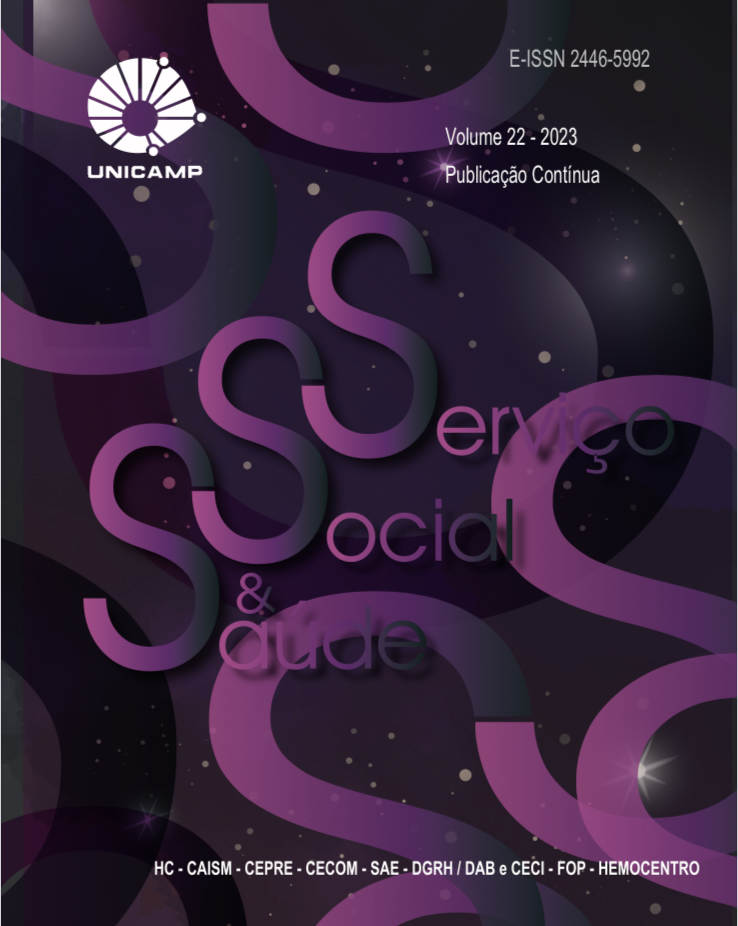Abstract
This paper, aimed at philosophy teachers, suggests that the reflection on 'work' uniquely challenges the activity of concept formation that lies at the heart of philosophical work. The feeling of lack of addressing the topic of work in the university world inspired us to develop an innovative training device that brought together university students and the world of work. After this extensive experience, it became apparent that a reassessment of fundamental philosophical concepts (such as subject, values, health, language, norms) was necessary. At its core is the notion that all work and, beyond that, every human endeavor represent a form of "dramatic of use of self". This involves navigating unforeseeable conditions that intertwine one's self-use and the use of oneself by the other. Which epistemological deontological framework should be employed to construct the know about work? How do we guard against "usurpations" that prioritize the "lack of adherence” of the know”, the use of oneself by others, at the expense of "value of the know" immersed in the readjustments (the "renormalizations") of self-use? This to know-power dynamic is highly pervasive in social life. From this issue, which is also social and political arises a dual definition of work: a general one, defining us as human beings – as the use of oneself – and a historical one that imposes work as an obligation, designating a distinct social category due to inequalities and deficiencies. We ponder about the genesis of this historical form since the dawn of humanity, and we suggest that this drift from work is undoubtedly central to the anemia of current democracy.
References
CANGUILHEM, Georges. Présentation. In: SCHWARTZ, Yves. Experience et Connaissance du Travail. Paris: Messidor/Éditions Sociales, (1988) 2012, p. 19-22.
CANGUILHEM, Georges. Milieu et normes de l’homme au travail. In: Cahiers Internationaux de Sociologie. Publicado também em Œuvres Complètes, Vrin, 2015, t. IV, p. 292-306 e Pro-posições, Vol 12, n° 2-3 (35-36), jul. 2001, p. 109-121.
CANGUILHEM, Georges. La connaissance de la vie. Paris: Vrin, 1965.
CANGUILHEM, Georges. Le normal et le pathogique. Paris: PUF, 1966.
DIDEROT, Denis. Article “Art”. In: Encyclopédie ou Dictionnaire raisonné des sciences, des arts et des métiers. Paris: 1751, vol. 1, p. 713 b-717 b.
FRIEDMANN, Georges. Problèmes humains du machinisme industriel. Paris: NRF, 1947.
GEHLEN, Arnold. L'Homme: sa nature et sa position dans le monde. Paris: Gallimard, 2020.
GODELIER, Maurice. L'Idéel et le matériel: pensée, économies, sociétés. Paris: Fayard, 1984.
KANT, Emmanuel. Appendice à la Dialectique Transcendentale: de l´usage régulateur des idées de la Raison pure. In: Critique de la raison pure, Tradução Tremesaygues e Pacaud, 1963. Paris: Quadrige/PUF, p. 452-485.
LE GOFF, Jacques. Le Moyen Age et l’argent. Temus/ Perrin, n. 749, 31 jan. 2019.
LEROI-GOURHAN, André. Milieu et technique. Paris: Albin Michel, 1973.
MARX, Karl. Le Capital. Traduction Française. Editions Sociales: 1950.
TESTART, Alain. Avant l'histoire: L'évolution des sociétés, de Lascaux à Carnac. Paris: Gallimard, 2012.
SAHLINS, Marshall. Stone Age Economics. Chicago: Aldine-Atherton, 1974.
SAHLINS, Marshall. Âge de pierre, âge d'abondance: L'économie des sociétés primitives. Paris: Gallimard, 1976.
SCHWARTZ, Yves. Experience et Connaissance du Travail. Paris: Messidor/Éditions Sociales, (1988) 2012.
SCHWARTZ, Yves, Ergonomie, philosophie et exterritorialité. In: Le paradigme ergologique ou un métier de Philosophe. Toulouse: Octares, 2000, p. 71-106.
SCHWARTZ, Yves. Travail et usage de soi. In: Travail et Philosophie: convocations mutuelles. Toulouse: Octares. 1992, p. 43-66. Publicado também na Revista Pro-posições. v.11, n. 2(32), jul. 2000b, p. 34-50.
SCHWARTZ, Yves, Les ingrédientes de la compétence : un exercice necessaire pour une question insoluble. In: Le paradigme ergologique ou un métier de Philosophe. Toulouse: Octares, 2000, p. 479- 503. Publicado também em Educ. Soc. Ano XIX, n. 65, dez. 1998, p. 101-139.
SCHWARTZ, Yves; DURRIVE, Louis. (Org.). Trabalho e Ergologia II: diálogos sobre a atividade humana. Belo Horizonte: Fabrefactum, 2016.
SCHWARTZ, Yves; DURRIVE, Louis (Org.). Trabalho e Ergologia: Conversas sobre a atividade humana. 3ª Edição revista e ampliada. EDUFF, 2021.
SCOTT, James C. Homo domesticus, une histoire profonde des premiers États. Paris: La Découverte, 2018.
VERNANT, Jean-Pierre. Mythe et Pensée chez les Grecs. Éditions Maspero, 1969.

This work is licensed under a Creative Commons Attribution-NonCommercial-ShareAlike 4.0 International License.
Copyright (c) 2023 Serviço Social e Saúde


